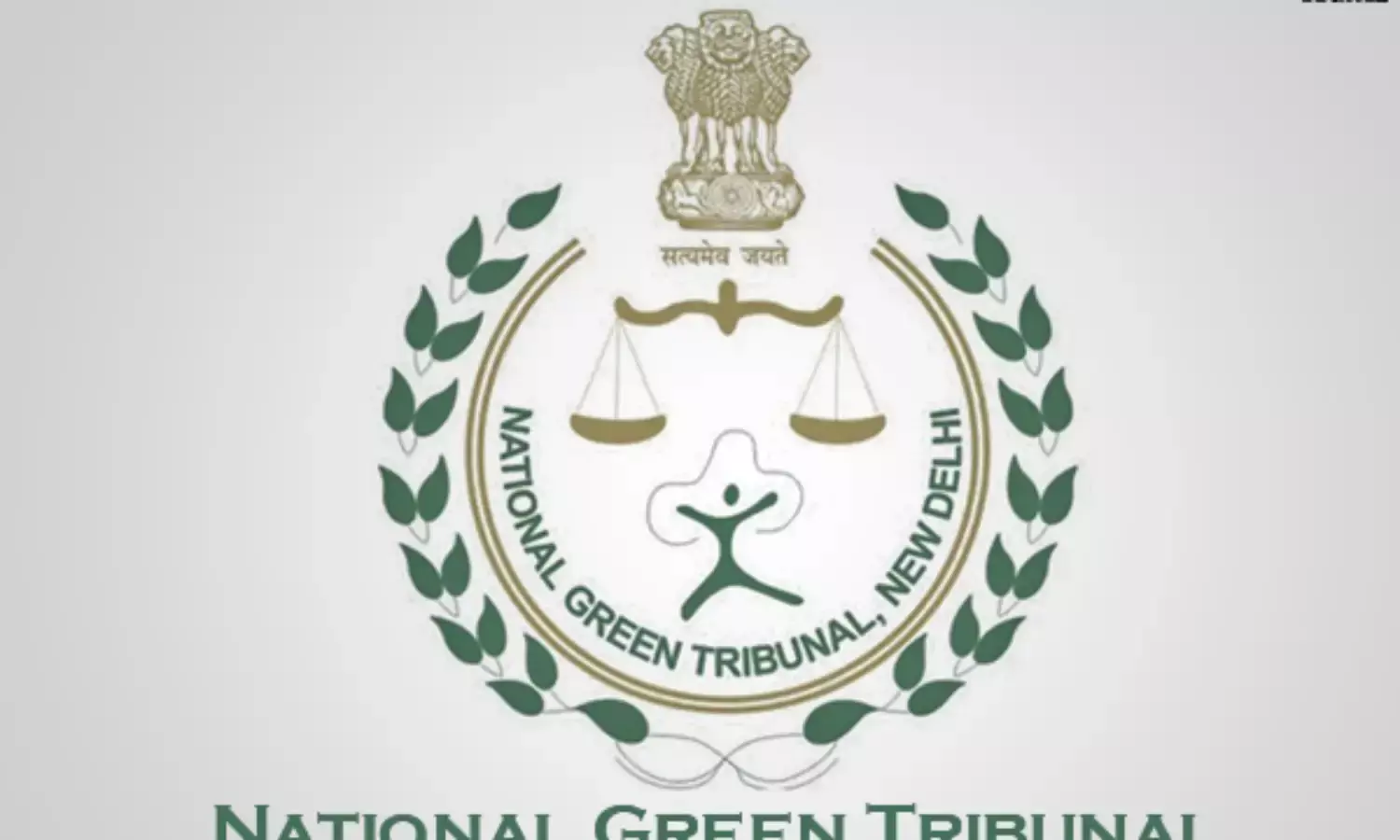NGT fines Noida Authority and Delhi Jal Board for polluting Yamuna and Ganga rivers
The Noida Authority and Delhi Jal Board was fined with ₹100 crore and ₹50 crore respectively by the National Green Tribunal;

NGT fines Noida Authority and Delhi Jal Board for polluting Yamuna and Ganga rivers
The Noida Authority and Delhi Jal Board was fined with ₹100 crore and ₹50 crore respectively by the National Green Tribunal (NGT) for discharging untreated water into drains that eventually meet the Yamuna and Ganga rivers.
Additionally, the chief secretaries of both states have been directed to also identify erring officials, take remedial action and recover compensation from them if required. The Noida authority has also been asked to sign a pact with NTPC to utilize sewage discharged into the drains that meet the two rivers.
The issue was addressed in response to a 2018 plea by one Abhisht Kusum Gupta, a resident of Noida's Sector 137, who claimed Noida, Ghaziabad and Delhi were discharging untreated water into the Kondli and Shahdara drains, which merge with, and pollute, the Yamuna and Ganga.
During multiple hearings in the past, the green tribunal has directed municipal authorities in the two states to act and stop the discharge of untreated water. However, the water samples taken and reports submitted by pollution control boards have repeatedly shown that the water in these drains is of poor quality.
NGT also directed that the Central Pollution Control Board (CPCB) to issue directions within two months to all state pollution control bodies that canals, water bodies and natural storm water drains are not used to discharge treated or untreated trade or sewage effluents.
Stormwater drains, canals and water bodies need to also be geo-tagged and given UID (unique identification), the Tribunal said.
"Noida authority has allowed third party rights to be created and allowed a situation in which water pollution load can be controlled by preventing occupation. If without functional STPs, the group housing societies were not allowed to be occupied, the situation could have been better handled. There is no effective monitoring by Noida to perform its essential duties. It is surprising that it could not create an environment cell and hire any professional in seven months. It is difficult to believe that this job was so difficult. For this lapse, it is necessary to fix accountability of Noida authority. Even seven months after this lapse was pointed out vide order dated 23.12.2021, no effective action has been taken either to stop pollution or to make the group housing societies effectively accountable. No coercive steps have been taken like blacklisting, cancelling occupancy certificate/completion certificate. Further, six STPs of Noida, have been wrongly classified as compliant," states the NGT order.
The Tribunal's observation was based on reports submitted by the Uttar Pradesh Pollution Control Board as well as the Noida authority itself. Water samples taken on five different occasions by UPPCB from the Noida drain shows that the water was blackish, smelled unpleasant and did not meet the standards.



